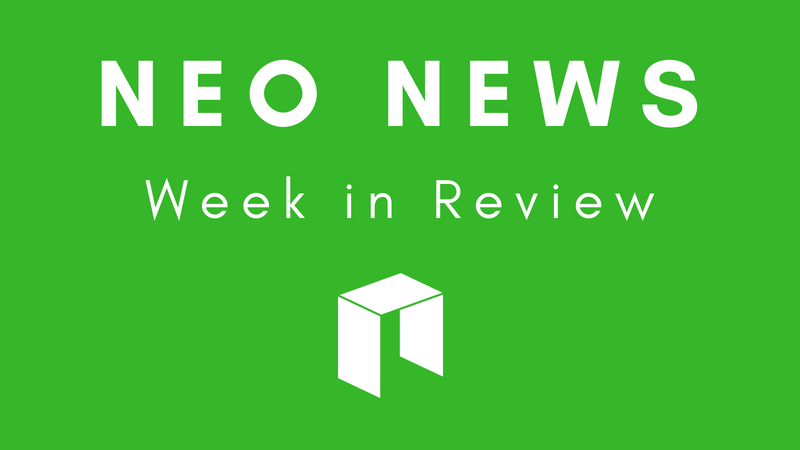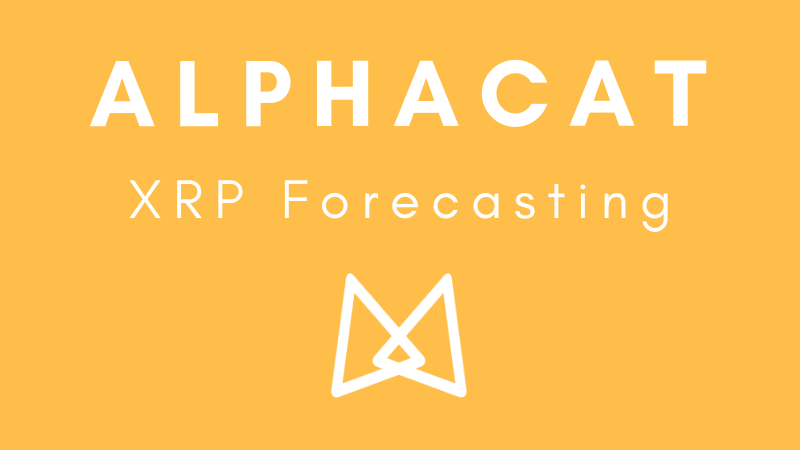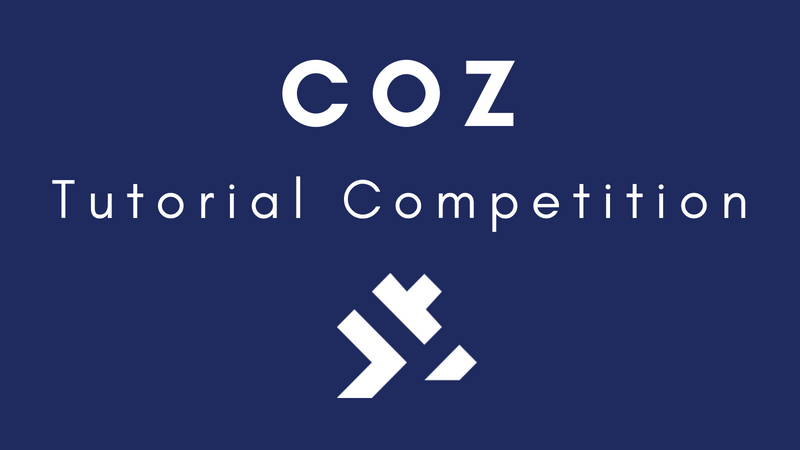
NEO
On October 11th, Da Hongfei was invited to the “19th World Knowledge Forum” in Seoul, South Korea. At the event, Hongfei conveyed his opinion on blockchain as the infrastructure for the future economy.
Additionally, Da Hongfei was interviewed by the Maeil Business Newspaper, South Korea’s leading daily business newspaper.
The submission period for the third week of the NEO Creative Competition was closed on October 14th, as NGD proceeds to the to the final review stage. Winners of the nominee awards for website design (Jacob Bentley) and icon design (Daniel Ang Jia Ming) were selected for the third week.
Developer Groups
City of Zion (CoZ) provided its Proof of Working project update report for June, July, and August. The report contains background information and updates to each of the core CoZ projects, written by the project maintainers. These projects include neo-go, neo-storm, neoscan, neo-sharp, Neon Wallet, neo-python, neon-js, and neo-local.
Ecosystem
NEO News Today covered the Magic Cube gaming system, which is a NEO-based protocol designed to enable the creation of a decentralized entertainment ecosystem. The Magic Cube Foundation will begin with a focus on the gaming industry, and attempt to sidestep the issues presented by middlemen. Development teams will now be able to crowdfund through the pre-sale of utility tokens as an initial game offering (IGO) with the Magic Cube protocol. Magic Cube will create several token standards for Utility Token Offerings (UTOs) formatted for mobile, console, and augmented reality/virtual reality games. The team acquired funding from NEO Global Capital (NGC) and is scheduled for launch in Quarter 2 of 2019.
The Neon Exchange (NEX) project was announced one year ago this week. A year after the original announcement, the NEX token sale has completed, and its registered security token will legally enable profit sharing of exchange fees with its investors. NEX has announced that it will not be deploying a centralized matching engine. Instead, NEX will launch as a “distributed system” with plans to transition to a fully decentralized matching engine in the future.
nOS announced the whitelist lottery results and Know Your Customer (KYC) deadline for its public token sale, also referred to as a token generation event (TGE). 15,000 lottery winners were chosen and were required to submit KYC in by October 11th.
The Aphelion decentralized exchange (DEX) trading began on October 10th, accessible only to users of its desktop wallet software. Initial coins paired with NEO and GAS include Aphelion (APH), DeepBrain Chain (DBC), New Kind of Network (NKN), Red Pulse Phoenix (PHX), Phantasma Chain (SOUL), and THEKEY (TKY). Aphelion aims to add more tokens to its DEX.
Asura Coin stated in its progress report that it had to let go of a “large portion” of their developers due to the current bear market. The project also announced one of its eSports reporters, Kang Ji Hye, now has access to major tournaments. Asura Coin was also part of the NEO-based projects that attended the NEO Black Sea Community events.
Ontology signed a memorandum of understanding (MOU) with Shufti Pro, a provider of Know Your Customer (KYC) and Anti-Money Laundering (AML) identity screening. Shufti Pro and Ontology are expected to “collaborate in the development of KYC/AML solutions” on the Ontology blockchain.
Ontology also released a FAQ to help users delegate their funds to a consensus node for staking using OWallet’s “Stake Authorization Feature.” Staking on the Ontology blockchain requires a minimum of 500 ONT. By performing “stake authorization”, users authorize multiples of 500 ONT to be staked with a consensus or candidate node.
Red Pulse released its first bi-weekly report for October, which features development and ecosystem updates, as well as upcoming events and its most recent exchange listing. The report introduced a new three-part series authored by Red Pulse community manager, Chris Tannahill, which is a precursor to the public launch of Red Pulse’s PHOENIX platform. Red Pulse highlighted the improvements it made to optimize PHOENIX for user registration and scaling, and its listing on Bitsonic.
Alphacat released a report highlighting work on the prediction tool’s interface and ability to predict differing forecast targets for various trading types. Additionally, the ACAT store v.1.6.0 launched with new industry features. Lastly, Alphacat announced that it will list the Ripple (XRP) real-time forecasting engine in its ACAT store starting October 15th. The forecasting engine allows traders to predict the trends of cryptocurrency prices in 15, 30, and 45-minute intervals. XRP is the sixth cryptocurrency to included in the ACAT store alongside NEO, BTC, ETH, EOS, and ADA.
Phantasma Chain released information pertinent to its masternode staking model. To deploy a Phantasma masternode, participants will need to stake a minimum of 50,000 SOUL tokens and host a virtual private server (VPS) of server on a 24/7 basis. As an added incentive, Phantasma Chain also aims to reward masternodes with a 2% bonus.
New Kind of Network (NKN) partnered with Portal Network, who will be tasked with the creation of a domain name service for NKN’s upcoming blockchain. NKN Name Service plans to offer domain name support for decentralized websites, decentralized file storage, and decentralized databases on the future NKN blockchain. The NKN Name Service will be regulated by smart contract.
Narrative released a summary of governing principles for its community and content standards, which will be focused on community-based management, moderation, and content curation. Narrative aims to remove control over users’ content from corporate headquarters, and assign to its user-based community. Additionally, the “Electorate” system was recently announced, which is a pool of NRVE tokens will that will be awarded for community voting.
Zeepin Chain announced its Galaxy Node masternode program, which will keep a full copy of the blockchain online at all times, and allow users to participate in governance of the Zeepin Chain by voting. Zeepin will begin with 51 Galaxy Nodes and will serve to provide instant transaction, network security, governance and voting, and private transactions. Zeepin will offer a 5% annual return for the ZPT mortgaged as collateral to become a node.
For The Win announced cosmetic changes to its FTXChange application, which improves user navigation and improves accessibility on desktop devices. The team is also experimenting with CGAS and CNEO refunds. FTXChange intends to enable the trustless and secure exchange of tokens, thereby reducing the risks of trading tokens between individuals.
BlaCat released its development report for the first week of October, which includes numerous improvements to the platform’s infrastructure, alongside BCP/BCT token support in the wallet and user grade/certificate design. Chen Xi, founder of BlaCat, mentioned that the platform will work towards the completion of its architecture in the next “six to twelve months.”
O3 Labs launched the native trading functionality in its mobile wallet, which aims to provide a simplified approach to buying and selling cryptocurrency on the Switcheo decentralized exchange. Additionally, NEO Tracker and NEO Name Service have been added to the decentralized application (dApp) marketplace.
AllCode has launched NEO Flux, a lightweight NEO API server in C# that allows users to interact with the NEO blockchain without requiring them to synchronize with it first. NEO Flux aims to make performing neo-python operations much more efficient by removing the need to maintain a full, updated copy of the NEO blockchain. Future updates to neo-flux will include the ability to check block heights, alongside login support.
DeepBrain Chain released its bi-weekly update, highlighting progress its made to expand the DECO (decentralized ecosystem with DeepToken Exchange). Specifically, the team focused on securing new clients, developing its artificial intelligence (AI) marketplace, DeepToken Exchange, and securing more providers and requesters for its AI Training Net. The report also touched on the platform’s marketing activities and the mentions it received through the media.
Switcheo has released a preview of its new wallet manager, which will feature Ethereum and Qtum trading alongside NEO assets. The new wallet manager has been designed to enhance the users’ experience, and allow for the seamless transfer of tokens.
Switcheo also announced two trading competitions that will involve Senno’s token (SENNO) and Quarteria’s token (PROQ). The competitions begin on October 15th and end October 28th. To compete, participants simply trade SENNO or PROQ tokens during the competition period to stand a chance to win from a pool of 5,552,471 SENNO and 500,000 PROQ.
Endorsit’s dApp has entered its first round of beta testing. To prepare for beta testing, bugs were removed from the application’s internal test run process, along with an update to its user interface (UI) to make it easier to use. Additionally, Endorsit’s dApp internal test author incentive program ended September 30th; 168 authors wrote 1,189 articles.
Business Data Network (BDN) announced a partnership with O3 Labs where a total of 600,000 BDN tokens will be airdropped, evenly distributed amongst eligible participants. Participants are also eligible to receive 120 BDN tokens if they register through the Business Data Network website, and provide pertinent Know Your Customer (KYC) information.
Token Listings
Ontology (ONT) was listed on Tokenomy.
Upcoming Events
October 20: NEO Blockchain Open Course in Shanghai, China.
October 20 & 21: NEO Blockchain Hackathon in Rotterdam and Delft, in The Netherlands.
October 23: NEO Moscow Meetup.
October 25: NEO Saint Petersburg Meetup.
October 26: NEO Berlin Meetup.
October 27 & 28: NEO Blockchain Hackathon in Berlin, Germany.
November 3 & 4: NEO Blockchain Hackathon in Zürich, Switzerland.







About The Author: Dylan Grabowski
Dylan is a reformed urban planner with a passion for covering the Neo ecosystem. His objective as a writer for Neo News Today is to report news in an objective, fact-based, non-sensational manner. When not behind a computer screen, he can be found in the mountains rock climbing. Find Dylan on Twitter (@GrabowskiDylan).
More posts by Dylan Grabowski